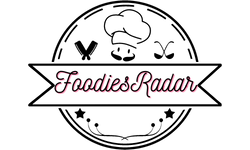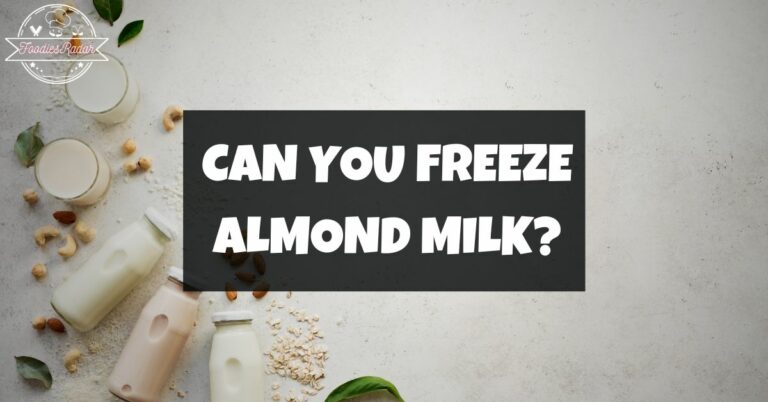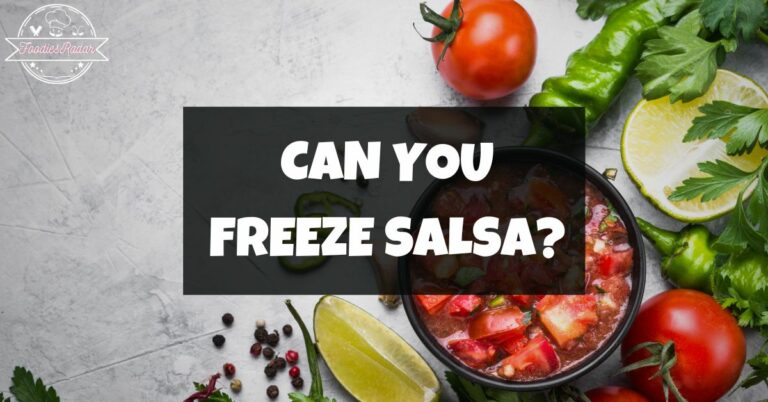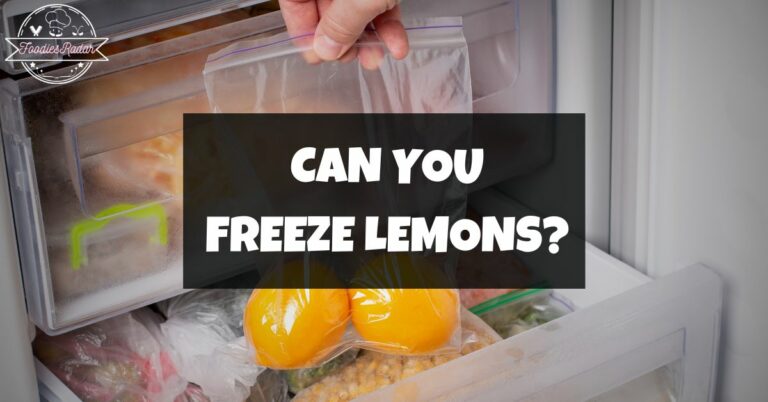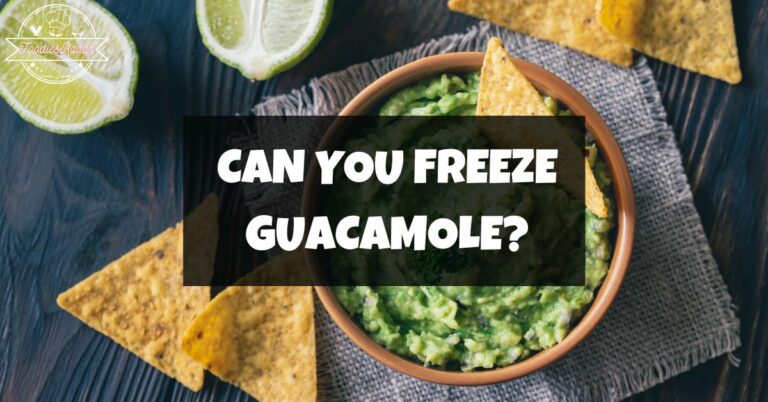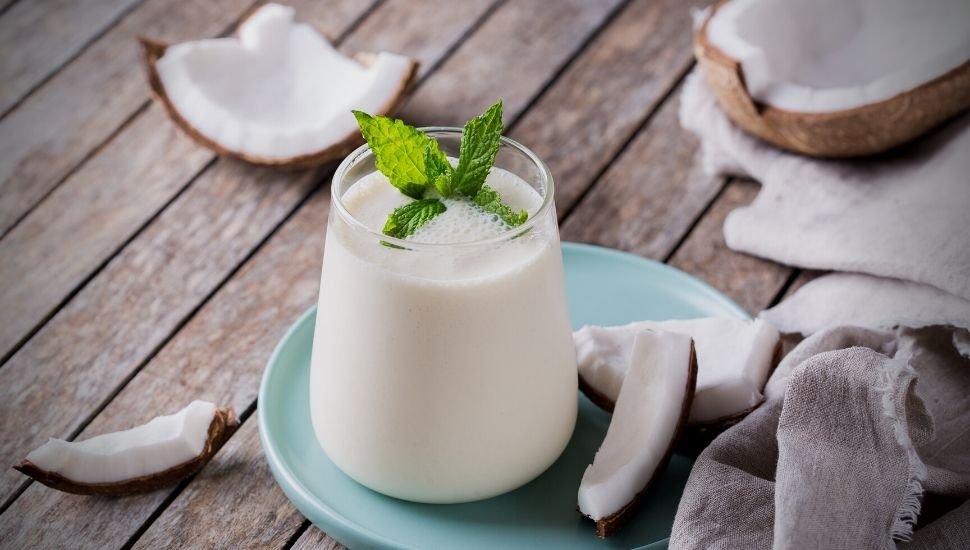
To prepare the best-ever biscuits, you purchased a quart of buttermilk, but now that week has passed, you still have half of the carton in the refrigerator.
While using buttermilk can be done in a variety of tasty and inventive ways. Give the buttermilk a thorough shake, then spoonfuls at a time, and pour it into ice cube trays.
After freezing, place the cubes in a zipper freezer bag. Like all goods that are properly frozen, buttermilk will keep for a continuous period. However, its flavor will be at its finest if utilized within three months.
May freeze buttermilk to ensure you always stay supplied, whether you stocked up on it in advance of the holidays or want to keep it on hand for your favorite baked items.
I’ll explain how to freeze buttermilk, how to defrost it, and why it’s even worthwhile to freeze it in this post.
Can You Freeze Buttermilk?
One of the simplest, quickest, most adaptable, and most practical ways to preserve food is freezing. Foods that are adequately frozen retain more of their natural color, flavor, and texture and, generally speaking, more of their nutritional value than foods preserved in other ways.
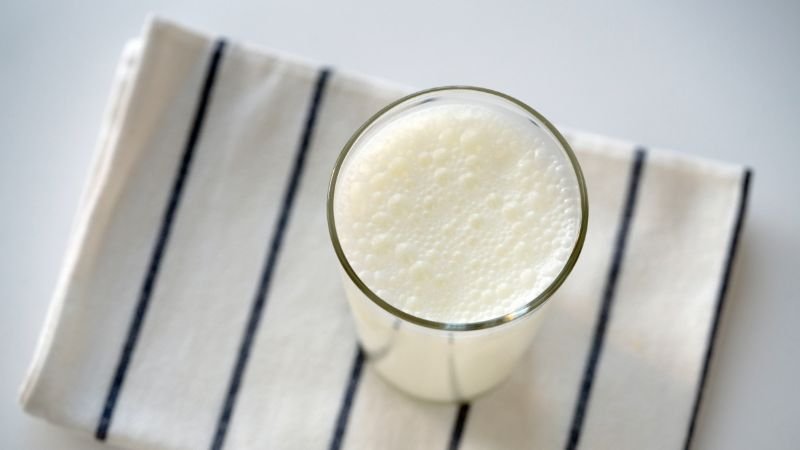
Buttermilk can be frozen, but doing so has a cost. Buttermilk that has been frozen and thawed is separated and only tastes good in cooked or baked meals, like pancakes or biscuits. It only works if you drink it straight out of the glass or put it in a dip-like ranch dressing.
You can preserve buttermilk leftovers easily by freezing them. However, this is a crucial caveat, and this dairy product doesn’t freeze well.
Is It Safe To Freeze Buttermilk?
YES! In contrast to being safe to freeze, buttermilk freezes quite well. Many goods from dairy need to freeze properly. They often split and take on a gritty texture.
The USDA advises throwing away buttermilk and other milk products that have been kept at a temperature above 40 F for more than two hours.
If kept in the refrigerator, buttermilk lasts for 14 days. The use of butter would be OK. However, you must continue to monitor it.
It’s probably beginning to spoil if it becomes lumpy, moldy, or develops a bad smell. If you keep the buttermilk tightly packed and prevent temperature changes (don’t leave the fridge door open for too long), the buttermilk will stay longer.
How To Freeze Buttermilk?
You may freeze buttermilk in its original carton after some of it has been consumed. Since liquid expands when it freezes, it requires a small amount of space to grow.
Additionally, you can freeze buttermilk in ice cube trays (particularly useful if you only use a tiny quantity at a time).
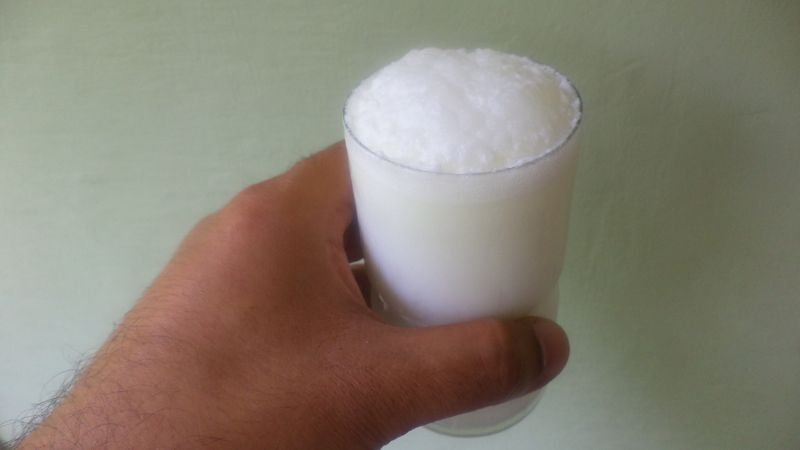
However, I prefer to freeze buttermilk in freezer-safe bags with exact measurements. Why? The amount you need for a particular dish will need to be defrosted.
Divide the liquid into standard serving sizes (1 cup, 12 cups, 14 cups, etc.) and label the containers with the date and quantity to make things easier for yourself in the future.
Before sealing the top, get rid of as much extra air as you can. To minimize space, place the bags flat in the freezer.
What Is The Best Way To Freeze Buttermilk?
Depending on how much buttermilk you want to freeze and how you like to set up your freezer, you have a few alternatives for freezing buttermilk.
Buttermilk freezes most agreeably in a freezer bag. For practical purposes, you can also freeze buttermilk ice cube trays.
You can freeze the best-grade buttermilk for up to three months. Buttermilk that has been defrosted could appear gritty, but this can be fixed by whisking or swirling.
Buttermilk freezes quite successfully. Upon freezing, you can observe some separation. Still, you can quickly remedy this with a quick whisk, and it won’t affect most applications.
I suggest storing any leftover buttermilk in portions corresponding to how much of it you typically use so that you can quickly thaw it out before using it in baking or cooking.
Put any remaining buttermilk in ice cube trays (or muffin trays). After completely frozen, place the cubes in a designated zip-lock bag and press out the air.
Use a straw to remove the air, or submerge the open freezer bag in a water bowl. Utilize in three months.
How Can You Tell If Buttermilk Has Gone Bad?
Indications that your buttermilk has spoiled besides its expiration date include:
Thickening or chunks, pungent odor, evident mold, or discoloration In general, it’s a warning sign if anything looks different than when you bought it.
Although these are broad warning signals, throwing away any buttermilk you suspect has gone bad is wise to avoid getting sick.
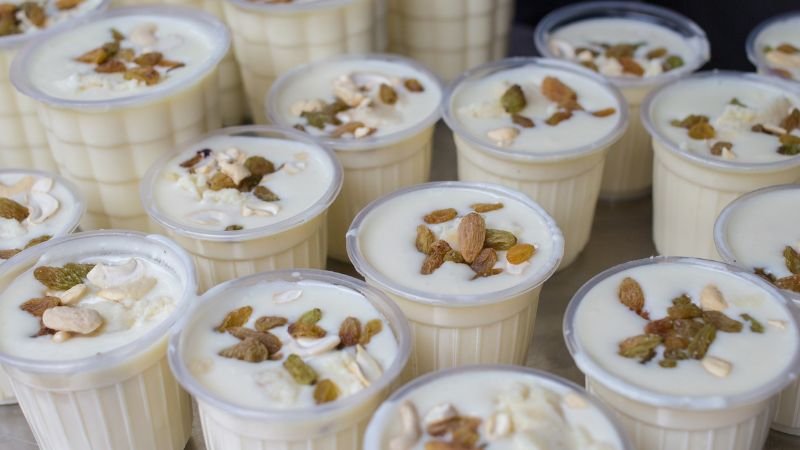
It’s time to discard your buttermilk if there have been any flavor, texture, color, or mold growth changes.
Fresh buttermilk has a mildly tangy smell. However, expired buttermilk will smell intensely sour.
If your buttermilk has any alterations, such as a change in odor or texture, discard it if it begins to sprout mold or appears discolored.
How To Thaw Frozen Buttermilk?
The buttermilk should thaw in approximately 30 minutes, but as the water cools, you might need to replenish it once or twice.
Buttermilk should be handled in the same way as milk and other dairy products. However, due to health reasons, it is strongly advised against defrosting at room temperature due to security reasons.
There are a few safe methods for thawing frozen dairy. You should use thawed buttermilk
immediately unless it has been defrosted in the refrigerator. It should be left at room temperature for up to two hours.
- In the refrigerator, thaw. To have it ready in the morning, simply place a frozen pack in the fridge overnight.
- Immerse in frigid water. Immerse the frozen pack in cold water and, if necessary, change the water. Use this method if you forgot to thaw it in the fridge.
- In the microwave, defrost. Thawing in the microwave is the best option if you are short on time. Maintain focus on the machine while working with low power and brief intervals.
How Long Does Frozen Buttermilk Last?
After opening, commercially made buttermilk keeps for one to two weeks. A handmade alternative, however, only keeps its freshness for three to four days in the refrigerator.
It’s preferable to use frozen buttermilk within three months of freezing. After that, as long as it is kept consistently frozen at 0°F (-18 °C), it is still safe but can lose its flavor and taste.
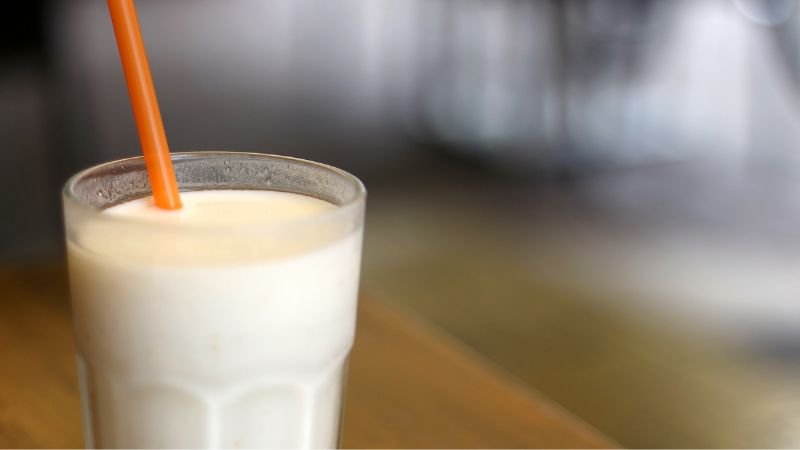
To avoid freezer burn, ensure the bag is empty of extra air. Up to two weeks after the best-by date, a chilled carton of unopened buttermilk should still be safe to consume.
In contrast, an unsealed container in the refrigerator will remain helpful for 14 days after it has been opened.
Does Buttermilk Freeze Well?
It’s a terrific way to increase their shelf life, fill your kitchen, and get the most out of your grocery budget to freeze buttermilk and other products you can’t use before they go bad.
Fortunately, freezing buttermilk is very simple. You can thaw it out as needed if you measure it according to what you use it for most, for example, 3/4 cup for one batch of biscuits.
If you have extra buttermilk, you can freeze it and never waste it again. It is easy to freeze; it will keep for a while.
More stuff:
Final Verdict:
Buttermilk is a tangy, delicious beverage that works well in various baking and cooking applications and is delicious on its own.
If you enjoy drinking buttermilk, you’ll be let down after freezing it. Only after it has been frozen is it fit for baking and cooking.
However, you should keep both in the refrigerator below 40°F (4.4°C) due to their short shelf lives. It can be frozen open or unopened in an airtight container. For up to three months, In the refrigerator, buttermilk has a short shelf life.
Remember that once it has thawed, the texture changes, making it unsuitable for drinking straight out of the container.
